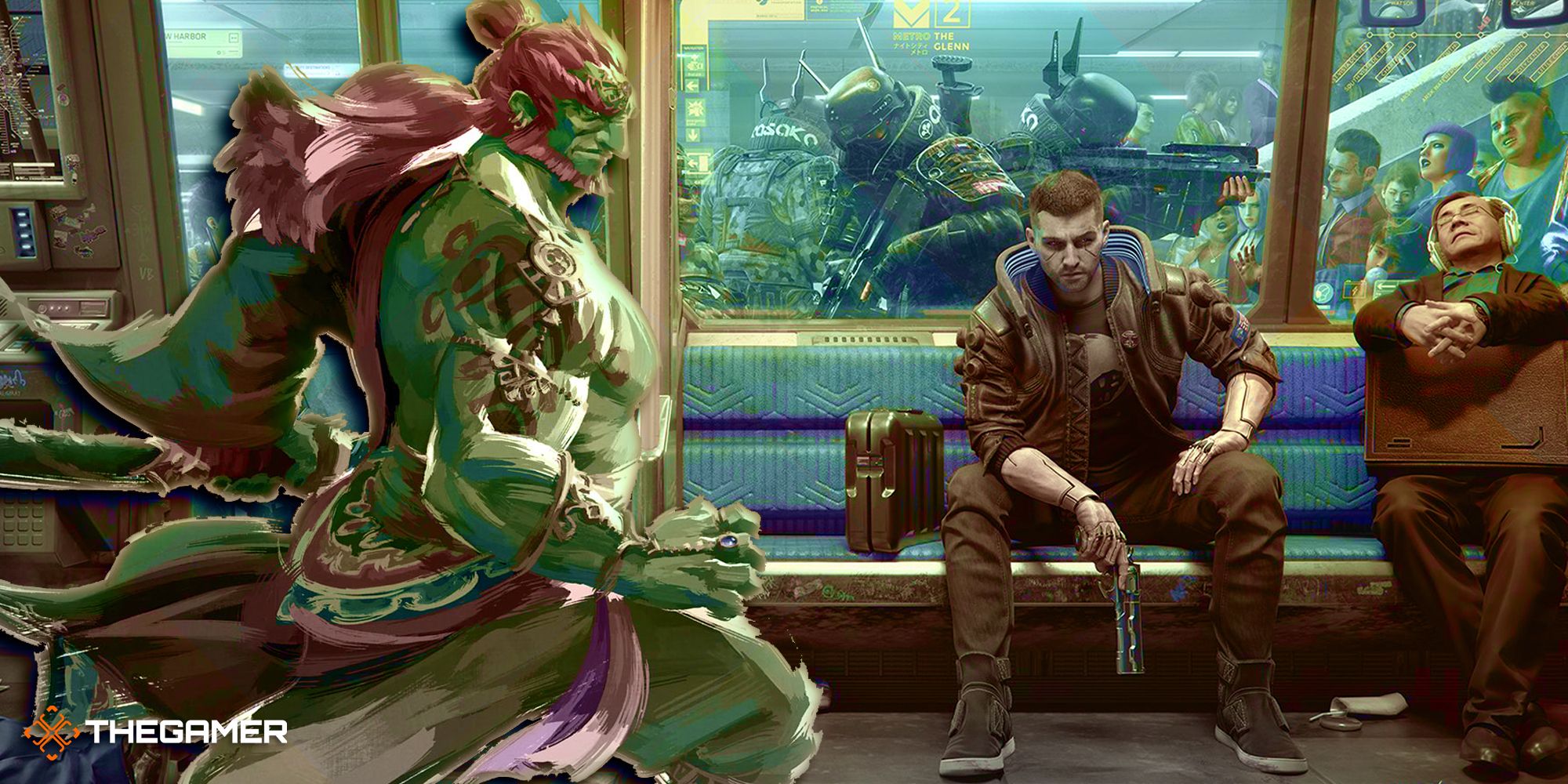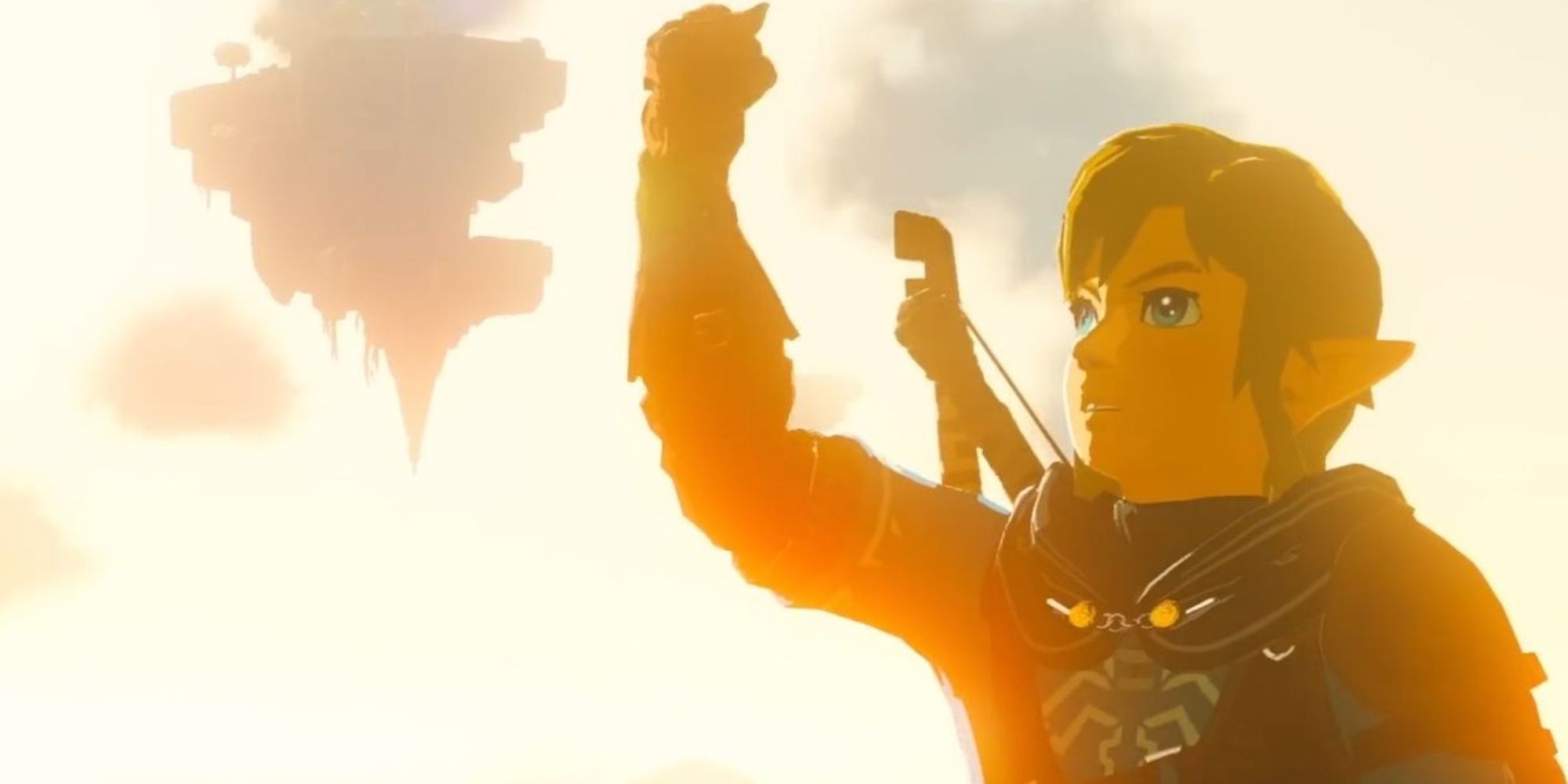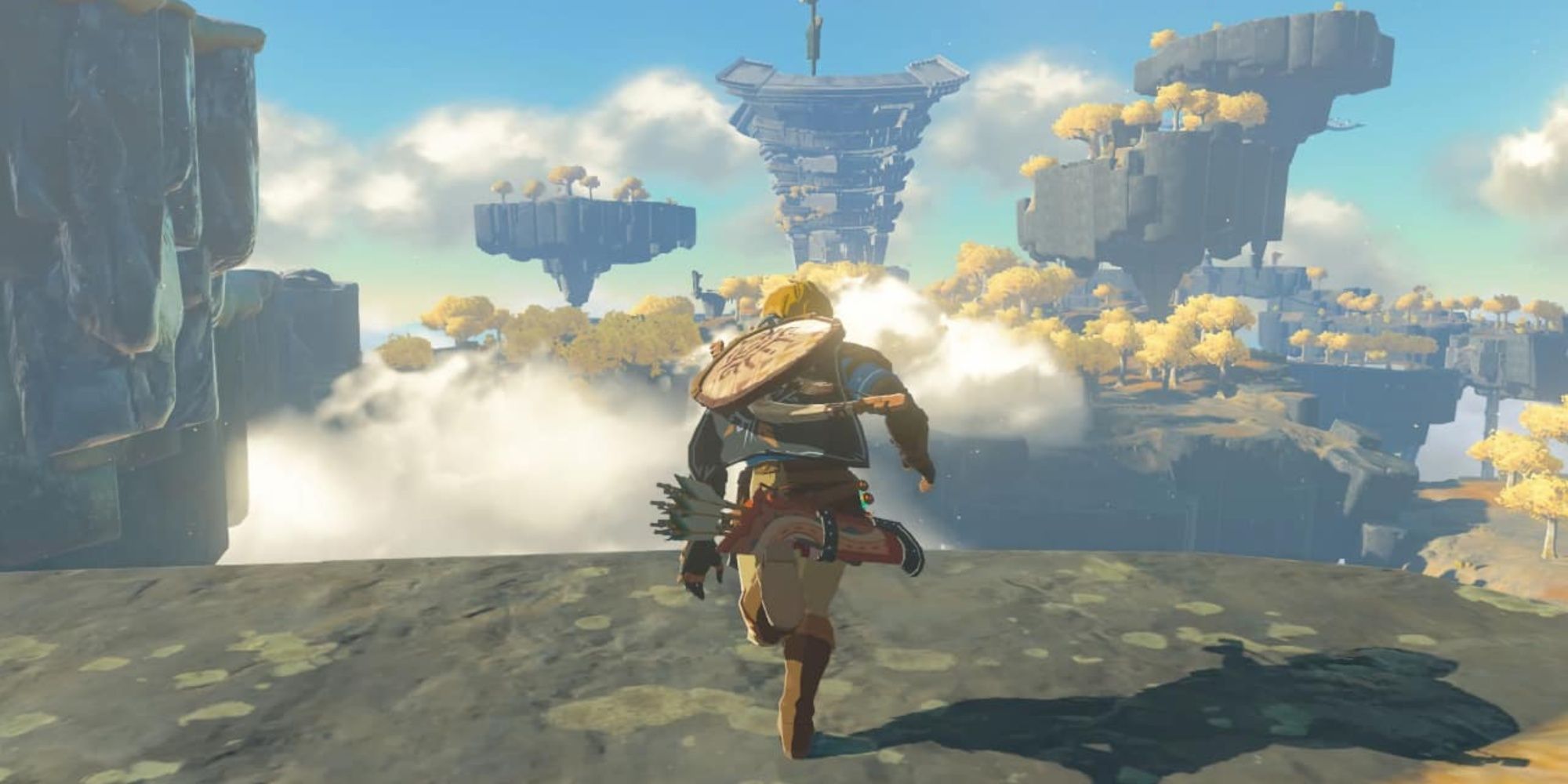The Legend of Zelda: Tears of the Kingdom is finally out, which means Tears of the Kingdom reviews are here, too. The game is the best reviewed (new) game since Elden Ring at 96 on Metacritic. It got a ton of 10/10s and 5/5s (including from our reviewer, Jade King). At the time I’m writing this, my pre-ordered digital copy hasn’t unlocked yet, so I can’t weigh in on how good the game is, but it’s the most excited I’ve been for a game since the one-three punch of Half-Life: Alyx, The Last of Us Part 2, and Cyberpunk 2077 three years ago. Seeing stellar scores across the board has me itching to play. 11 pm CST can’t get here soon enough.
What I’m describing is an incredibly common feeling. There’s nothing unique about being hyped for a game, and this is the third or fourth time in my life that I’ve gone through this same anticipation process before a Zelda release. It’s a series that consistently reviews extremely well, and fans tend to get disappointed if reviews indicate that a new Zelda might even be slightly below masterpiece status.
This leads to some bizarre behavior. Over at Game Informer, reviewer Kyle Hilliard gave Tears of the Kingdom a 9.75 and has received some bizarre comments about how “shocking” it is for the game to come in below a 10, how he must be “trying to make a name for [him]self instead of actually rating the game.” And that’s for a 9.75, a score that says a game is beyond amazing. That according to GI’s scale it is .25 points away from being “a truly elite title that is nearly perfect in every way… [and] cannot be missed.”
It’s worse when a game actually gets a score lower than a 9. When Cyberpunk 2077 launched, GameSpot was one of the few outlets to give the game a 7/10. It may seem strange, now that the game’s messy launch is held up as a cautionary tale, but in the brief window between the review embargo lifting and the game releasing, angry fans who had fully bought into the hype heaped vitriol in the comments. Over time, as the game’s performance on older consoles came to the light and players had a chance to experience its performance issues for themselves, the tides turned.
But that’s what makes it difficult to write a review for an audience that has a) been the subject of an aggressive marketing campaign and b) has not had a chance to see the game’s merits or flaws first hand. No one is more bullish about a game than someone who hasn’t played it but has set aside vacation time for the week of its release.
So, when a site like Gfinity puts up a 6/10 review of Tears of the Kingdom, consider that the reviewer is completely serious about their criticism, truthfully putting their experience with a game into words to help serve their audience. I’ve lost sleep over worries about how a review would be perceived. People don’t paint a target that big on their back for bait.
And, if you're willing to accept that reviewers aren't just playing the heel for clicks, the next step is to consider what role criticism serves. A game review doesn't exist to make you feel good or bad, and its purpose isn't to hurt or help the developers either. Though higher-ups have, at times, tied developer bonuses to Metascore, that's not on the reviewers who are trying to evaluate a complex piece of art. Critics tend to care deeply about the art forms they evaluate — we wouldn't devote our professional lives to them if we didn't — and robust criticism with a variety of opinions is the only way that can happen.
I can't wait to play Tears of the Kingdom. But, it's perfectly fine if some reviewers never want to touch it again. Good art invites a range of opinions. If art is bold and daring, is taking real risks, not everyone will enjoy it. I enjoy a crowd pleaser like Top Gun: Maverick or Avatar: The Way of Water, but divisive films like Tár and Beau is Afraid are vital to movies continuing to be an interesting artform. If we claim to care about games, we should want the medium to have room for that range.



